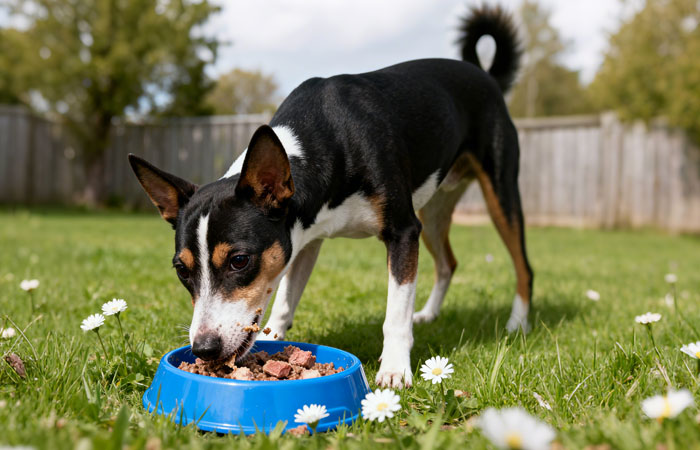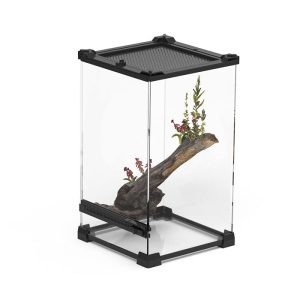Foods Basenji Dogs Cannot Eat So Which Ones?

Basenji, as a rare type, has an energetic and lively nature along with its unique physiological features. Its digestive system is different from that of other dog breeds, thus it is more sensitive to food intolerance. Here are some food listings that severely endanger Basenji, providing owners with scientifically-backed dietary advice.
I. Allium Foods
Onions, garlic, and leeks are everyday foods in a kitchen, but they are like “poison” to Basenjis. They contain propyl disulfide that causes the destruction of hemoglobin in the blood, resulting in the rupture of red blood cells and, finally, hemolytic anemia. Unfortunately, even if the allium plants are cooked, their toxic effect does not completely disappear. Small quantities may cause symptoms such as lethargy, vomiting, and dark urine. In the most extreme instances, it can be a fatal condition.
II. Chocolate and Grapes
They are not able to properly break down the theobromine in the chocolate. The substance, therefore, is very slowly eliminated from their bodies, and in the meantime, it excites the nervous and cardiovascular systems. The symptoms include, tachycardia, muscle tremors, and seizures. Death by chocolate can happen in a matter of hours if the dosage is high enough. Despite the mechanism of injury from grapes and raisins being not entirely known, clinical cases suggest that even slight amounts can trigger acute kidney failure, with symptoms like anuria, vomiting, and lethargy. Besides being very difficult to treat, it is also a very dangerous condition.
III. Alcohol and Caffeine-Containing Beverages
Alcohol is metabolized in a dog’s liver much slower than in a human’s liver. Even minute amounts of alcohol may result in alcohol poisoning in Basenjis, the signs of which are vomiting, diarrhea, labored breathing, and bewilderment. The cases with the most severe symptoms may even result in damage to both the liver and the nervous system, which can further lead to death. Limitations should also be put on beverages containing caffeine, such as coffee, tea, and energy drinks. Caffeine is a stimulant for the central nervous system of a Basenji and, therefore, it sparks symptoms such as fast heartbeat, overexcitement, muscle tremors, and seizure. The premature use of such products even in small amounts may adversely affect the heart and kidneys so that the damage will be permanent.
IV. Dietary Safety Recommendations
Owners must always provide their dogs with specialized dog food as the primary diet if they want to ensure dietary safety. These recipes are scientifically balanced to provide all the necessary nutrients for a dog’s growth and development. Should you decide to offer treats or supplements, make sure they are safe to eat by checking the food first. Choose allowed dog treats or fresh food that a veterinarian recommends, for example, cooked chicken breast or carrots. At the same time, put the dangerous foods of the household in a place where your dog cannot reach them so that it will not be able to eat them by mistake. If your Basenji is eating some toxic food by chance, do not hesitate to go to a veterinarian at a pet hospital for emergency care as soon as possible in order to not delay the treatment that is best for your pet
admin
-
Sale!

Washable Pet Cooling Pad for Cats and Dogs
$10.99Original price was: $10.99.$9.99Current price is: $9.99. This product has multiple variants. The options may be chosen on the product page -
Sale!

Washable Cat Window Hammock Cooling Bed
$23.99Original price was: $23.99.$22.99Current price is: $22.99. -
Sale!

Tropical Amphibian Rainforest Tank, Lizard Cage
$38.99Original price was: $38.99.$36.99Current price is: $36.99. -
Sale!

Silent 4-in-1 Waterproof Charging Dog Hair Trimmer
$49.88Original price was: $49.88.$47.99Current price is: $47.99.